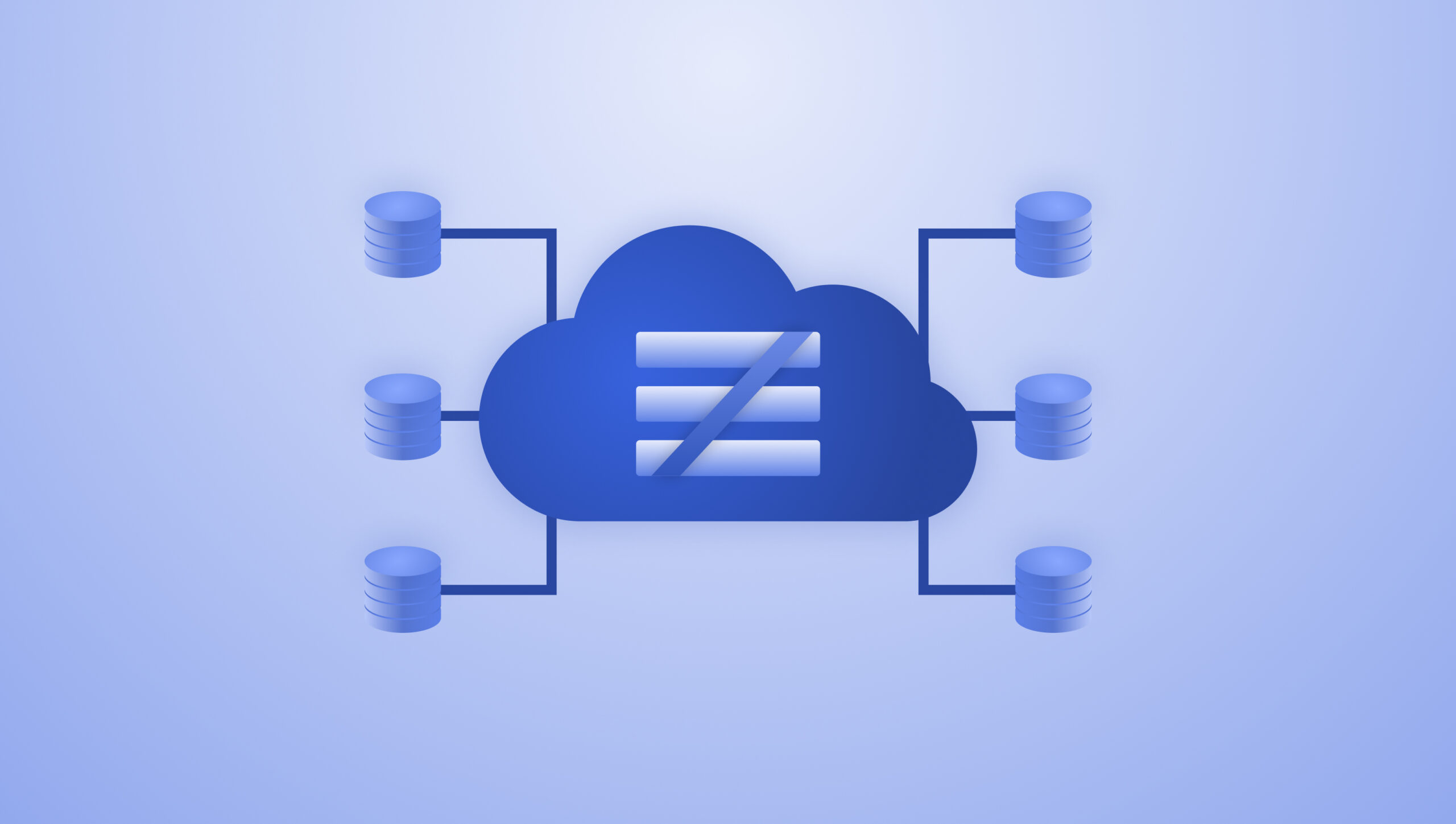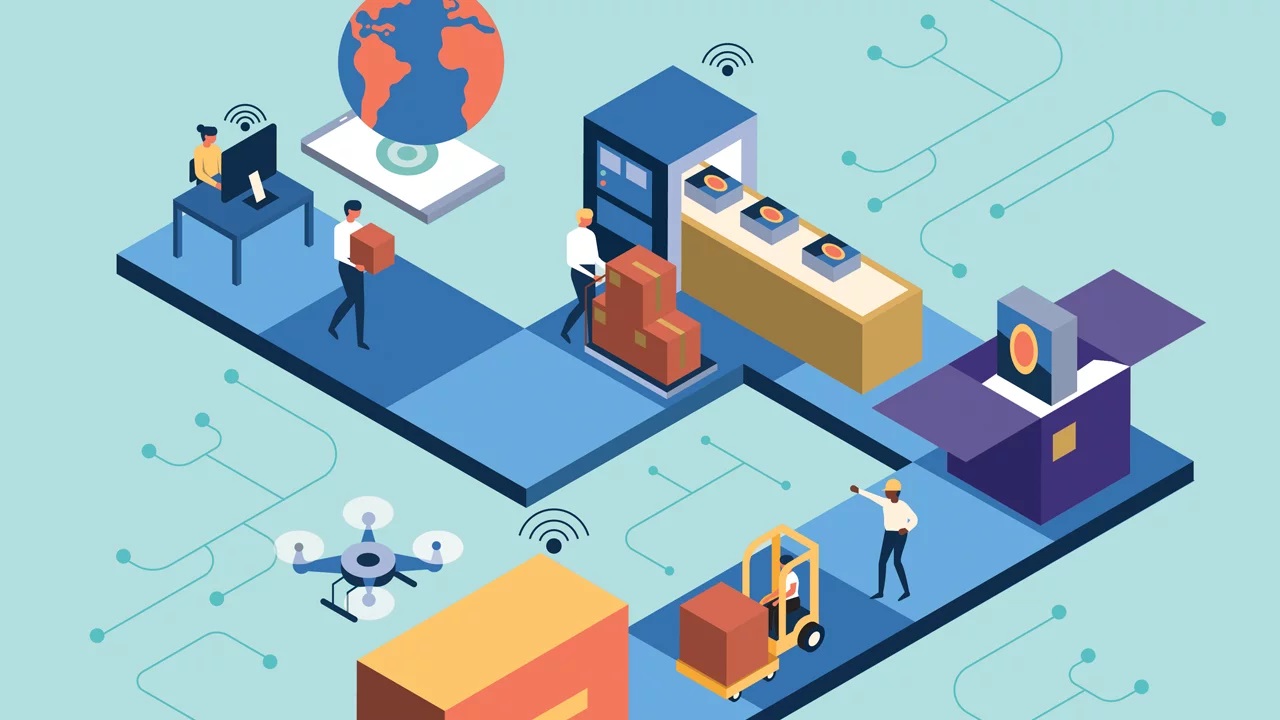The accounting industry, once characterized by ledgers, physical receipts, and manual calculations, is undergoing a seismic shift. The catalyst? Digital transformation. As businesses globally embrace the digital age, the realm of accounting is not far behind, with cloud-based solutions leading the charge. This shift from traditional methods to cloud-based accounting is not just a trend but a necessary evolution. Let’s delve into the nuances of this transformation and understand its implications for accountants and businesses alike.
The Traditional Landscape of Accounting
Historically, accounting was a labor-intensive process. Accountants relied on physical documents, manual data entry, and on-premise software. While these methods were tried and tested, they came with challenges: susceptibility to human errors, time-consuming processes, limited accessibility to data, and significant storage and maintenance costs.
Enter Cloud-Based Accounting
Cloud-based accounting solutions have revolutionized the industry. These platforms store financial data on remote servers, allowing users to access, update, and analyze their financial information in real-time from anywhere with an internet connection.
Benefits of Cloud-Based Accounting
- Real-time Access and Collaboration: With cloud accounting, financial data is updated in real-time. This means businesses can make informed decisions promptly. Additionally, multiple users can access and collaborate on the platform simultaneously, fostering teamwork.
- Cost-Efficiency: Cloud solutions eliminate the need for physical storage, regular software updates, and on-premise IT infrastructure, leading to significant cost savings.
- Enhanced Security: Reputable cloud accounting platforms prioritize data security, offering features like encryption, multi-factor authentication, and regular backups, ensuring that financial data remains secure and protected.
- Scalability: As businesses grow, their financial needs evolve. Cloud-based solutions are scalable, allowing businesses to upgrade or modify their plans based on their requirements.
- Integration with Other Digital Tools: Cloud platforms seamlessly integrate with other business tools, from CRM systems to payment gateways, creating a cohesive digital ecosystem.
- Automated Processes: From invoice generation to expense tracking, cloud solutions automate various accounting processes, reducing manual intervention and enhancing accuracy.
Challenges and Considerations
While cloud-based accounting offers numerous advantages, it’s essential to be aware of potential challenges:
- Data Privacy Concerns: Storing sensitive financial data remotely can raise concerns about data privacy and compliance. It’s crucial to choose platforms that adhere to global data protection regulations.
- Connectivity Dependency: Cloud solutions rely on internet connectivity. Any disruptions can hinder access to financial data.
- Learning Curve: Transitioning from traditional methods requires training and adaptation. Firms must invest in training their teams to harness the full potential of cloud solutions.
The Road Ahead
The shift to cloud-based accounting is more than just a technological change; it’s a cultural one. As businesses and accountants adapt to this new landscape, the emphasis should be on leveraging technology to enhance efficiency, accuracy, and strategic financial decision-making.
Conclusion
The digital transformation of the accounting industry, led by cloud-based solutions, is a testament to the power of technology in reshaping business landscapes. As traditional methods make way for more agile, secure, and efficient cloud platforms, accountants and businesses stand to gain immensely. The future of accounting is in the cloud, and the sky’s the limit!





